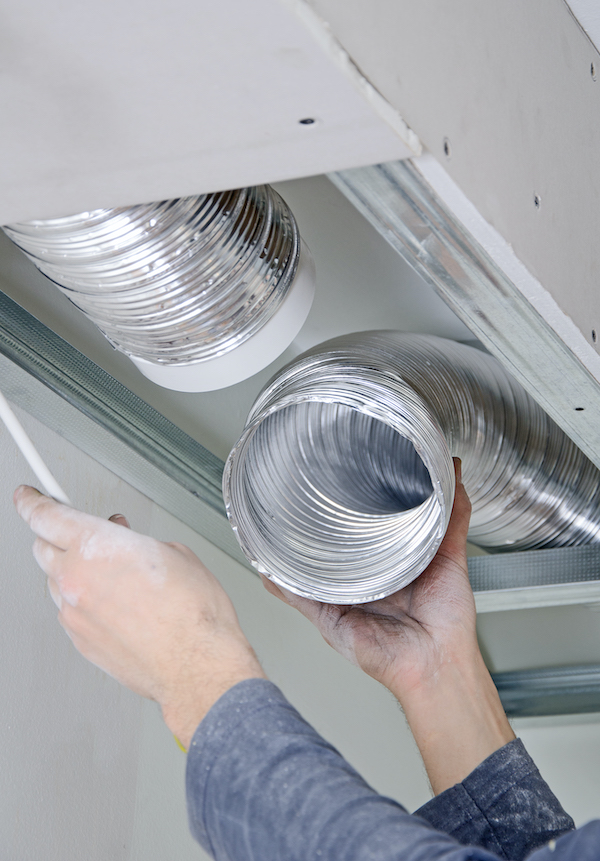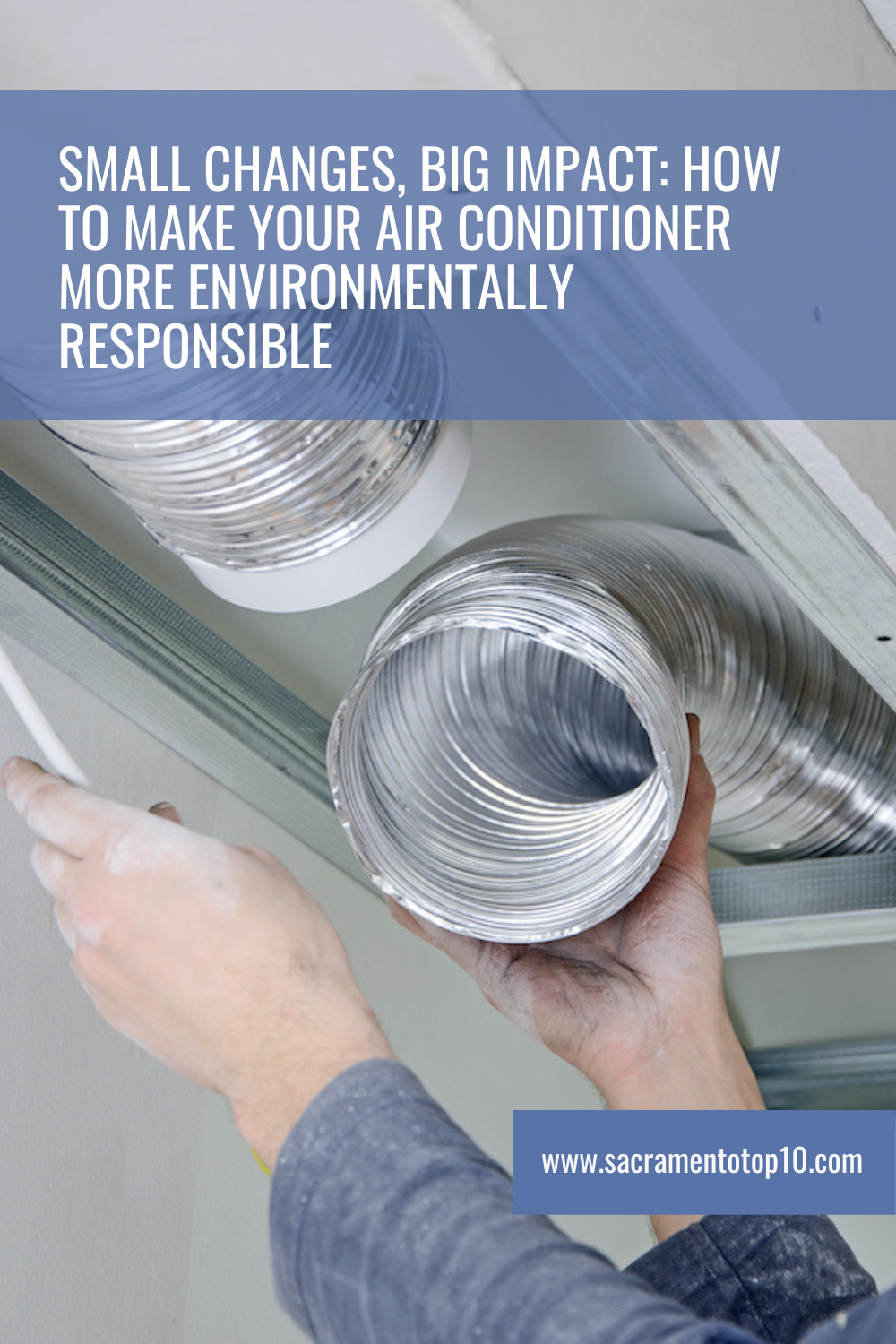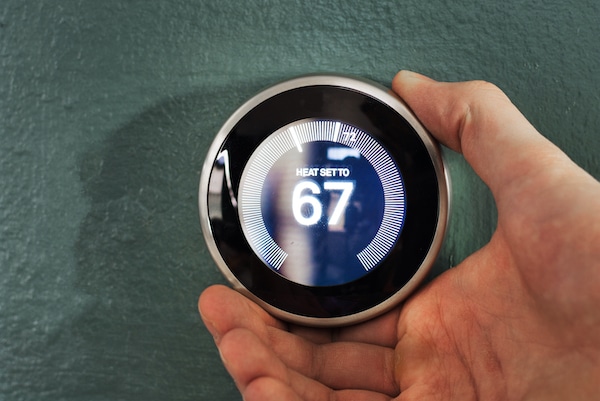Air conditioning is a necessity in many regions around the world, especially during hot and humid summers. However, traditional air conditioning units can have a significant impact on the environment, contributing to climate change and other environmental issues. In this article, we will explore the importance of eco-friendly air conditioning and sustainable AC solutions, and provide tips to help you make your air conditioner more environmentally responsible.
Tips for Making Your Air Conditioner More Environmentally Responsible
- Upgrade to newer, more energy-efficient models with inverter technology, Energy Star rating, and high SEER and EER ratings
- Consider renewable energy options like solar-powered AC
- Use programmable thermostats and smart home integration to better control your AC usage
- Choose environmentally-friendly refrigerants like R410A
- Switch to ductless air conditioning for better efficiency and reduced energy waste
- Keep your AC unit properly maintained and serviced to maximize efficiency
Older air conditioning units can use up to two to three times more energy than newer models. By upgrading to a more energy-efficient model with inverter technology, you can reduce energy consumption and save money on your energy bills. Look for models with high SEER (Seasonal Energy Efficiency Ratio) and EER (Energy Efficiency Ratio) ratings, which indicate the unit’s energy efficiency. Also, consider purchasing an Energy Star certified unit, which meets the energy efficiency guidelines set by the Environmental Protection Agency (EPA).
Solar-powered air conditioning is becoming an increasingly popular option, as it allows homeowners to power their AC units with renewable energy. Installing solar panels on your roof can help you reduce your carbon footprint and save money on your energy bills in the long run.
Programmable thermostats can help you control your air conditioning usage by allowing you to set specific temperature levels for different times of the day. By using a smart home integration system, you can also control your AC unit remotely from your phone, tablet, or computer, helping you save energy and money.
Some older AC units use refrigerants like R22, which contribute to ozone depletion and global warming. Instead, consider using an environmentally-friendly refrigerant like R410A, which has a much lower impact on the environment.
Ductless air conditioning systems, also known as mini-split systems, are becoming more popular because of their energy efficiency and easy installation. These systems use less energy than traditional central air conditioning units, as they don’t require ductwork to circulate air throughout your home. By switching to a ductless system, you can reduce energy waste and save money on your energy bills.
Regular maintenance and servicing of your AC unit can help keep it running efficiently and reduce energy waste. Make sure to replace air filters every three months, keep outdoor units free of debris, and schedule regular inspections and cleanings with a professional technician.
FAQ – Frequently Asked Questions
Environmentally Efficient
The ideal temperature for your programmable thermostat will depend on your personal preferences and your household’s needs. However, for optimal efficiency, it’s recommended to set your thermostat at 78°F during the summer months when you’re at home and raising the temperature by a few degrees when you’re away or sleeping.
Some signs that your AC unit may need maintenance include reduced cooling efficiency, unusual noises, strange odors, or higher energy bills. It’s recommended to have your AC unit serviced annually to ensure it’s running efficiently and to catch any potential issues before they become major problems.
Inverter technology allows air conditioning units to adjust their output based on the temperature needs of your home, which can save energy and reduce wear and tear on the unit. This technology also provides more precise temperature control and can lead to more consistent cooling.
While it’s possible to power an AC unit with solar energy alone, it can be challenging and may require a significant investment in solar panels and batteries. However, using a combination of solar and traditional grid power can still significantly reduce your energy bills and carbon footprint.
SEER (Seasonal Energy Efficiency Ratio) and EER (Energy Efficiency Ratio) are both measures of an air conditioner’s efficiency. SEER measures the efficiency of the unit over the course of a cooling season, while EER measures the efficiency at a specific temperature and humidity level. A higher SEER or EER rating indicates greater efficiency and lower energy consumption.
Eco-friendly air conditioning is crucial for reducing our impact on the environment and preserving our planet for future generations. By upgrading to newer, more energy-efficient AC units, using renewable energy sources like solar power, and properly maintaining our units, we can make a significant difference. Remember, even small changes can have a big impact when it comes to sustainability. So take action today and start making your air conditioning more environmentally responsible.







